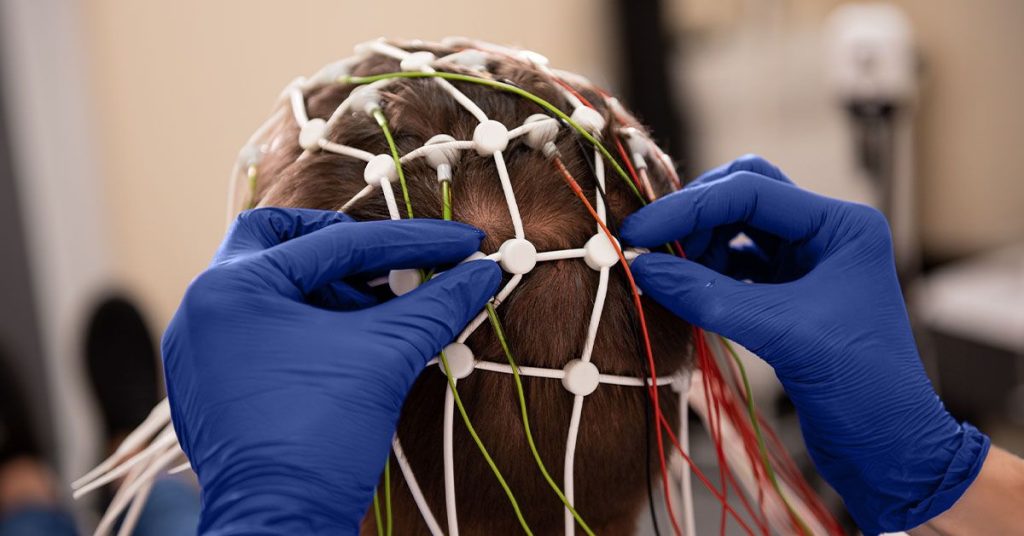A new study in mice challenges the popular hypothesis that brain cleansing occurs during sleep. The research found that mice cleared more toxins and metabolites from their brains when they were awake compared to when they were asleep or anesthetized. This finding contradicts the idea that sleep is a critical time for brain clearance, which has implications for understanding the relationship between sleep and neurological disorders like dementia and Alzheimer’s.
While the study is based on research in mice, the findings raise questions about the importance of sleep in mammals, including humans. Sleep has long been linked to various benefits, including memory processing and brain cleansing. The study observed that 30% less toxins were cleared from the mice’s brains during sleep compared to when they were awake, suggesting that other mechanisms may be at play during sleep that contribute to brain health.
Senior investigator Nicholas Franks suggested that sleep may serve a crucial housekeeping function that cannot occur efficiently during waking hours. This idea challenges the prevailing theory that brain clearance primarily happens during sleep. However, further research is needed to determine the exact benefits of sleep on brain function and overall health.
While the study has limitations, such as being conducted in mice rather than humans, it does suggest that brain clearance may not be the primary reason for the negative effects of inadequate sleep. Jonathon Cedernaes, a researcher not involved in the study, noted the importance of additional research to validate these findings and explore other aspects of sleep that may contribute to brain health.
Despite the findings of this study, sleep is still considered essential for overall health and well-being. While brain clearance may not occur predominantly during sleep, sleep is associated with a variety of benefits that are crucial for maintaining a healthy brain. Future research is needed to clarify the role of sleep in maintaining brain health and reducing the risk of neurological disorders like Alzheimer’s disease.
Overall, while this study challenges existing theories about the importance of sleep for brain cleansing, it does not discount the numerous other benefits of sufficient, high-quality sleep. As research in this area continues to evolve, a better understanding of the complex relationship between sleep and brain health will help to inform strategies for promoting healthy aging and reducing the risk of neurodegenerative diseases.


